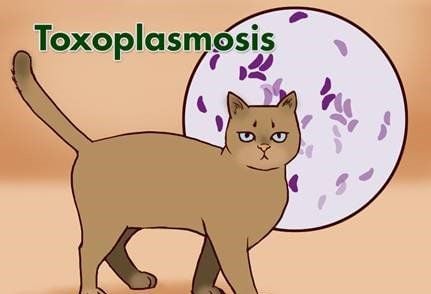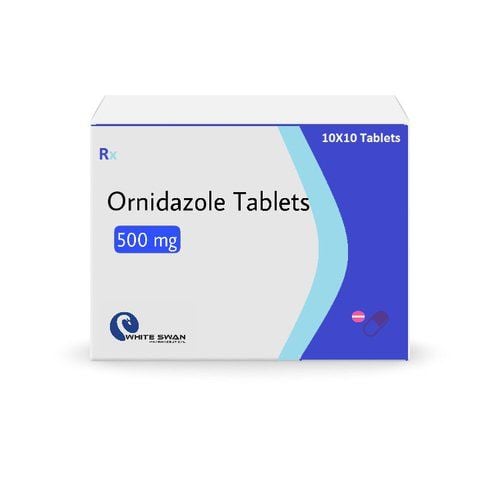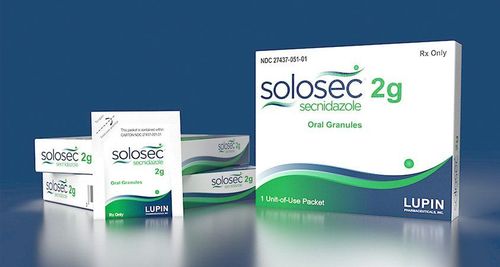This is an automatically translated article.
Toxoplasma parasites can attack the human body when we eat undercooked food or unwashed fruit or come into contact with contaminated soil. In addition, Toxoplasma parasites can be passed from mother to child through the placenta and cause many serious complications, affecting the development of children.1. What is Toxoplasma parasite?
Toxoplasma parasites are parasites mainly in warm-blooded animals such as birds, cats... Toxoplasma parasites invade the human body mainly through the gastrointestinal tract, can affect most organs organs in the body, most commonly the brain and the musculoskeletal system.The development cycle of the Toxoplasma parasite is divided into two stages:
The reproductive phase occurs during the period when Toxoplasma is parasitic on the cat's body. The clonal phase can occur in cats or other warm-blooded animals, including humans. Cats are considered the main host, humans are the intermediate objects of the Toxoplasma parasite.

Mèo được coi là vật chủ chính, con người là vật thể trung gian của ký sinh trùng Toxoplasma
2. Symptoms of Toxoplasma infection
Usually, when infected with Toxoplasma parasites, the patient is often unaware because there are no specific symptoms. Some infected people may experience symptoms similar to those of the flu or mononucleosis, including:Muscle aches. Headache. Mild fever. Swollen lymph nodes. Sore throat. Tired and powerless. After entering the body for about 1-2 weeks, the invading parasite can cause flu-like symptoms. These symptoms can go in two directions:
The disease does not progress, the symptoms gradually decrease and disappear. The parasite multiplies and causes disease, manifests itself in organs such as eyes, heart, brain... often occurs in young children, the elderly, and immunocompromised people.
4. How is Toxoplasma parasite transmitted from mother to child?
The fetus can be infected with Toxoplasma parasites from the mother through the placenta. Infection can take place in utero or during vaginal delivery. It is not known whether Toxoplasma is transmitted through breast milk. In general, only the first infection during pregnancy can cause congenital toxoplasmosis. Very few second babies get sick, unless the mother is immunocompromised.If a pregnant woman is infected within 6 months before becoming pregnant, she can transmit the disease to her unborn baby. However, the baby may not be infected or have the disease but be asymptomatic due to the exposure in utero. There are also cases of stillbirth due to infection with Toxoplasma parasites. About 30% of exposed fetuses will develop the disease, most of which are asymptomatic. The earlier the parasite is infected, the more severe the disease.
5. Is it dangerous for pregnant women to get toxoplasmosis?
As mentioned above, most cases of Toxoplasma infection have no specific symptoms. But if a baby gets the Toxoplasma parasite from his mother, he can have very serious problems.The risk of Toxoplasma parasites being transmitted from mother to child is as follows:
If a pregnant woman is infected with Toxoplasma parasites in the first 3 months: there is a 15% risk of transmission to the baby. If a pregnant woman is infected with Toxoplasma parasites in the second trimester: there is a 30% risk of transmitting it to the baby. If a pregnant woman is infected with Toxoplasma parasites in the last 3 months: there is a 60% risk of transmitting it to the baby. Although the possibility of infection increases in the last months, the level of influence of Toxoplasma parasites on the fetus is even higher in the first months. For the most part, infected babies don't show any signs until they are teenagers. A small number of babies have signs of toxoplasmosis at birth with symptoms including: hearing loss, mental retardation, eye infections...

Nếu trẻ bị lây ký sinh trùng Toxoplasma từ mẹ thì có thể gặp phải những vấn đề rất nghiêm trọng
5. Diagnosis of fetus infected with Toxoplasma parasite
If a pregnant woman suspects Toxoplasma infection, she can go to the hospital to perform toxoplasma tests to check for antibodies to the parasite. These antibodies are proteins produced by the immune system in response to the parasite.If a pregnant woman is found to be positive for Toxoplasma, it is necessary to determine if the fetus is infected by methods such as:
Amniocentesis: Usually performed safely after 15 weeks of pregnancy. The doctor uses a fine needle to pull out some of the amniotic fluid and test it for evidence of Toxoplasma infection. Ultrasound: Although detailed ultrasound cannot diagnose Toxoplasma infection, it can show some fetal signs such as hydrocephalus... However, the accuracy is not high. Even if there are no signs of the disease, the fetus can still transmit the parasite. Therefore, fetuses suspected of being infected with Toxoplasma should be monitored during the first twelve months.
Please dial HOTLINE for more information or register for an appointment HERE. Download MyVinmec app to make appointments faster and to manage your bookings easily.













